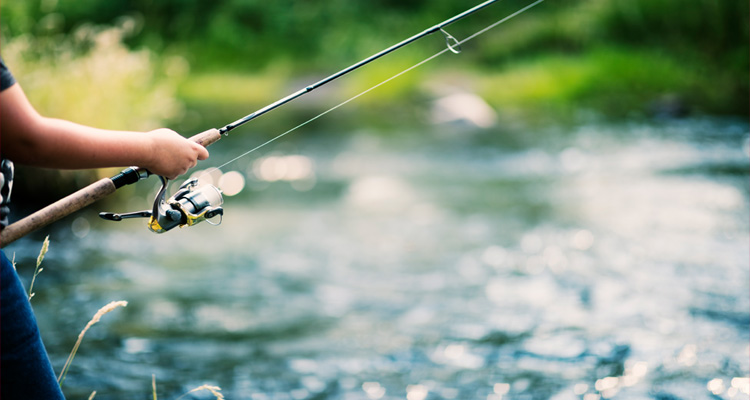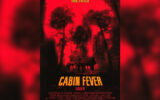I’m sure you’ve seen parents with their kids on a leash and kids who “need to be on a leash” (not the same meaning). The nicer term for “leash” is “tether” (however, I don’t think there’s a nicer term for “need to be on a leash”).
But this article isn’t about the behavior. It’s about the leash, or in my childhood experience, the chain.
It wasn’t that I was badly behaved. My father just didn’t want to take any chances when we went fishing from a river bridge or lake bank.
I guess he realized the attention of even the most vigilant father could be tested during the act of fishing, especially when that little float or cork begins to dip.
I remember a dog collar being around my waist (not my neck) and the attached chain being affixed (“affixed,” 18th century British Tax Stamp lingo) to a bridge pylon.
A few years ago, I was talking with one of the old neighborhood “kids,” now grown up, who went fishing with my father and ten-years-older-than-me-brother Joe, long before I went fishing. This same “kid” remembers a group of 4 or 5 neighborhood children riding to the river in my father’s black 1950 Studebaker. He told me when they arrived at the bridge, my father provided them with over-size dog collars to wear around their waists. Some of the dog collars were resplendent with silvery spikes, just like those worn by cartoon bulldogs in The Looney Tunes. My father attached a chain to each collar and connected the other end of each chain to the bridge. My father was determined that on his watch, no child whom he took fishing would be “lost at sea.”
When we fished at a lake, my father would attach a wooden stake to the far end of my chain and drive it into the lake bank. But for my size, I resembled the staked-out elephant outside the great tent when the circus came to town.
On one of our river bridge fishing trips, I’m sure my father wished he had brought along another chain to safeguard his new rod and reel from “taking a plunge,” but the fishing line might have got caught up in the chain (imagine Jacob Marley’s ghost fly casting).
Somehow, one day, my father wound up dropping his new rod and reel into the river where the water’s depth dropped off about a fathom (6 ft.) just one step’s distance from the rocks upon which we were standing.
In Gilbert and Sullivan’s H.M.S. Pinafore, the ship’s Captain sings he “hardly ever says a big, big D!” This sort of implies the existence of a “lesser D.”
My father and I stood there watching his brand-new rod and reel slip beneath the lapping “river-waves,” descending into the green water, a drop of which would have “lit up” any microscope No. 37 stage.
So, weighing his options, and finding that using the “Lesser D” would fail to fully express his emotions,
My father opted for that “D” deemed “Greater!”






